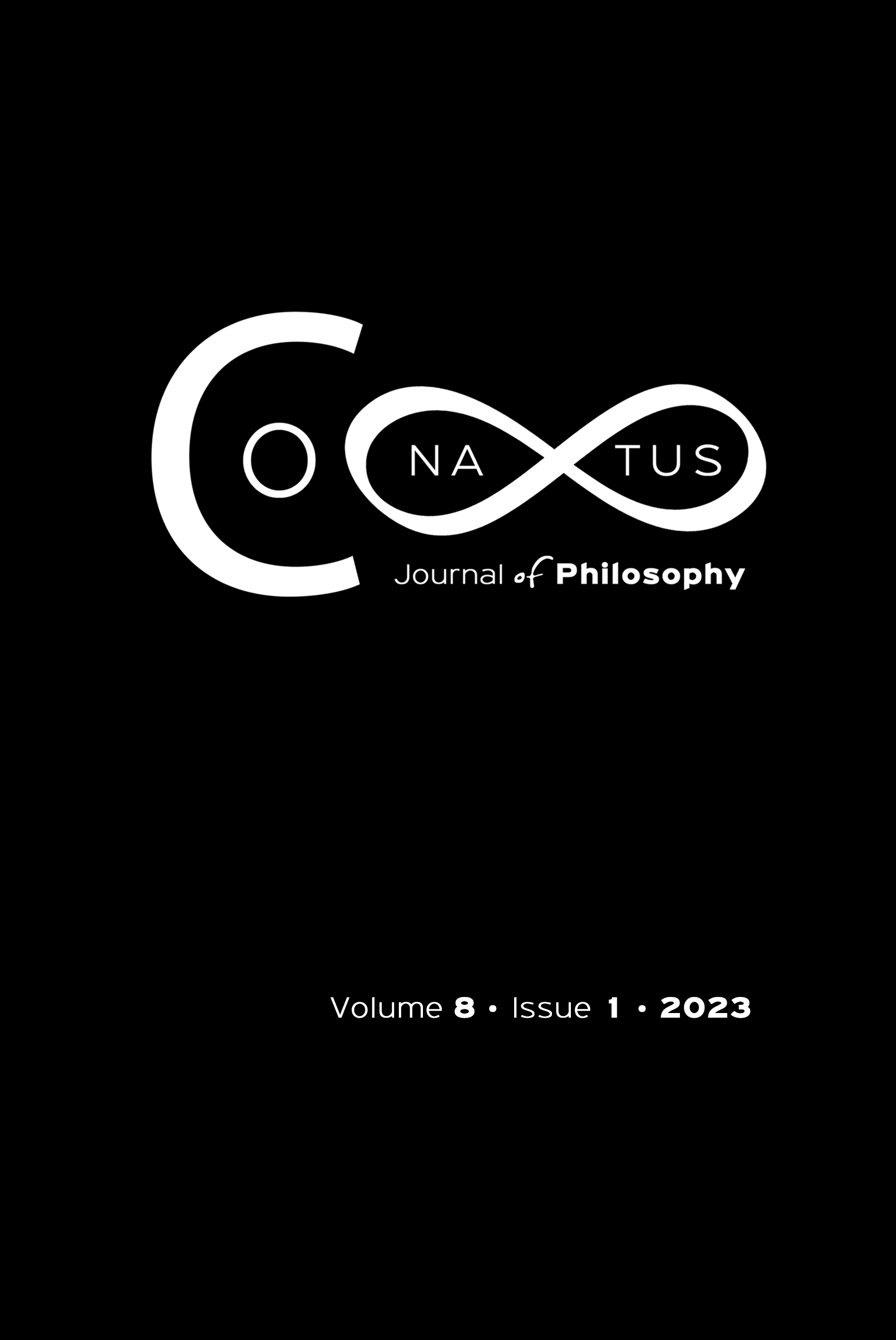Political Realism in the Chinese Warring States Period and the European Renaissance: Han Fei and Machiavelli

Abstract
Τhis article presents the basic similarities and differences between the Political Realism of Niccolò Machiavelli in the 15th century A.D., i.e. during the Renaissance in Europe, and the Chinese Legalism of Han Fei in the 3rd century B.C., during the Warring States period. It could be supported that Political Realism and Political Legalism share numerous elements that bring them closer rather than apart. The fundamental works written by the main representatives of these two political doctrines, namely the Prince by Machiavelli and the Han Feizi by Han Fei, are addressed to living political leaders, specifically Lorenzo de' Medici and the governor of the Hann state in the Warring States historical period (476-221 B.C.) respectively. Both philosophical movements emphasize the importance of statesmanship in a ruler and reject the idealistic approach to politics. Machiavelli and Han Fei do not promote a cruel leadership, but straightforwardly condemn morality alone as insufficient for the establishment of a state. Both of them try to replace previous models of virtuous political philosophy – that of classical antiquity in the case of Machiavelli and that of Confucianism in the case of Han Fei – with a new notion of political correctness which takes into account the urgency of the moment and ensures political stability.
Article Details
- How to Cite
-
Kallinikos, P. (2023). Political Realism in the Chinese Warring States Period and the European Renaissance:: Han Fei and Machiavelli. Conatus - Journal of Philosophy, 8(1), 127–166. https://doi.org/10.12681/cjp.29669
- Section
- Articles

This work is licensed under a Creative Commons Attribution-NonCommercial 4.0 International License.
Authors who publish with this journal agree to the following terms:
Authors retain copyright and grant the journal right of first publication with the work simultaneously licensed under a Creative Commons Attribution Non-Commercial International License (CC BY-NC 4.0) that allows others to share the work with an acknowledgement of the work's authorship and initial publication in this journal.
Authors are able to enter into separate, additional contractual arrangements for the non-exclusive distribution of the journal's published version of the work (e.g. post it to an institutional repository or publish it in a book), with an acknowledgement of its initial publication in this journal.
Authors are permitted and encouraged to post their work online (preferably in institutional repositories or on their website) prior to and during the submission process, as it can lead to productive exchanges, as well as earlier and greater citation of published work.





